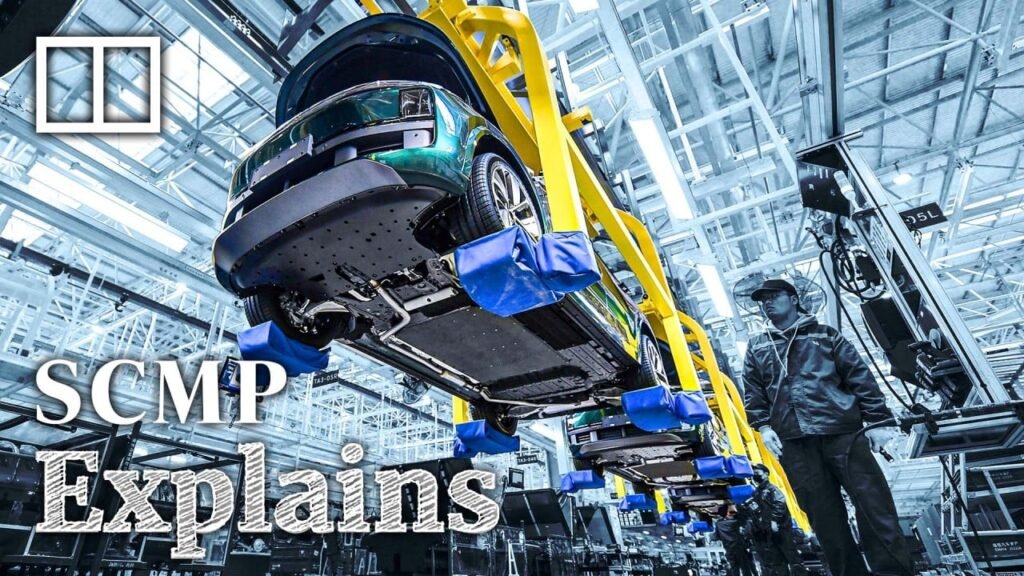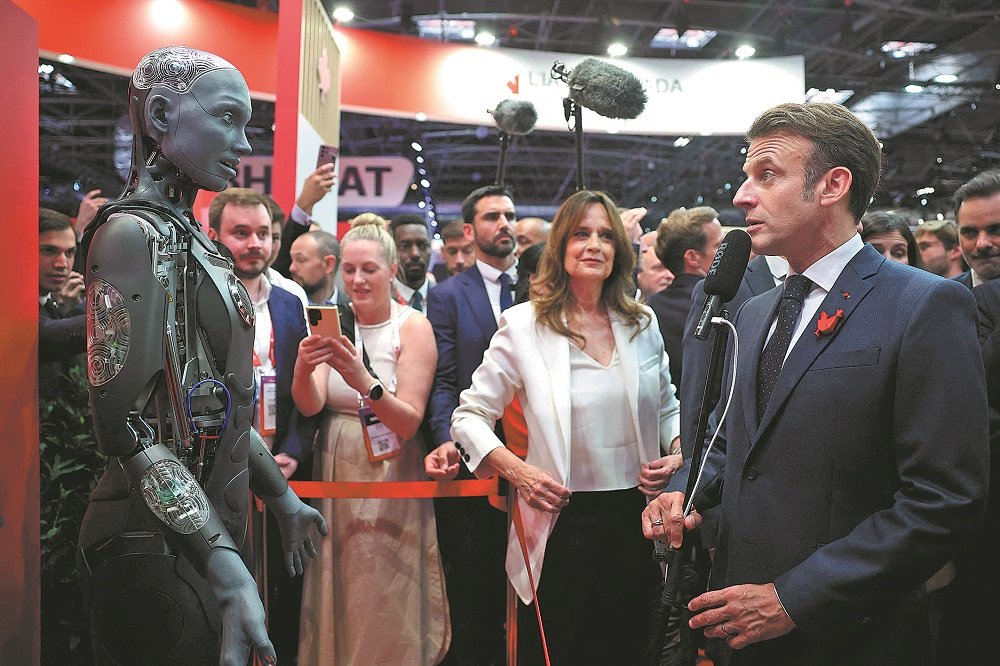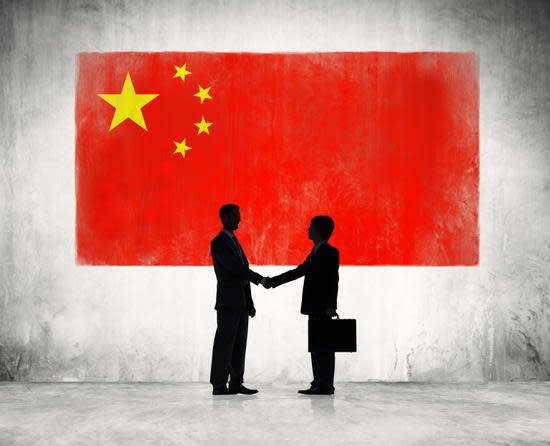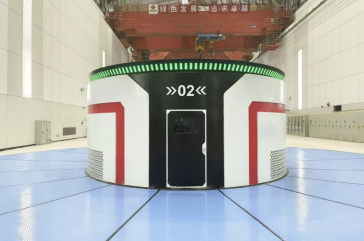The US and China ended two days of talks in London with the announcement of a new effort to try and move past recent flare-ups and get back to negotiations that had been planned after a gathering last month in Geneva.
Commerce Secretary Howard Lutnick described the agreement to reporters as “a framework to implement the Geneva consensus” — suggesting this gathering was about getting the “negativity out.” The Chinese negotiator offered similar takeaways to Chinese state media.
Both sides hinted that this week’s talks will lead to a Chinese speed-up of shipments of rare earth metals critical to US and world supply chains in exchange for Washington easing some of its own export controls on things like semiconductors.
But neither side is offering specifics. The clear focus for the moment is defusing these issues with an eye toward opening up talks on broader topics — like tariffs — later.
The deals will now be presented to US President Trump and Chinese President Xi Jinping for their reaction.
Trump offered his own reaction Wednesday morning with a social media post asserting that a deal is “done” and will include the supplying of rare earth minerals by China “up front” as well as give Chinese students access to US universities.
Trump also said, “WE ARE GETTING A TOTAL OF 55% TARIFFS.”
He arrived at that figure, according to a White House aide, by adding the existing blanket 20% tariffs on illegal drugs, 10% baseline tariffs, and other preexisting duties that average out to 25% but only apply to certain goods.
Outside analysts, such as the budget lab at Yale, have calculated that the effective tariff rate on China across all goods is more like 33%.
A variety of market observers quickly weighed in hours after Tuesday evening’s unveiling to suggest that the deal may not have a lot of meat on the bones, but at least relations are no longer moving in the wrong direction.
The talks perhaps underscored how unlikely a comprehensive trade deal is anytime soon, noted AGF Investments’ Greg Valliere, “but at least relations may not worsen as talks continue throughout the summer.”
Both sides promised additional talks in the weeks or months ahead, but none have yet been scheduled.
Read more: What Trump’s tariffs mean for the economy and your wallet
Veronique de Rugy, a professor at the Mercatus Center at George Mason University, suggested the talks continued to show China’s leverage: “China is hurting, yes, but they still hold the upper hand on critical resources, and they know how to use them.”
Any lessening of tensions and a freer flow of these mineral resources in China would be a significant boost to the global economy, with China holding outsized leverage in both the reserves and processing capacity of these key building blocks for everything from computers to electric vehicle batteries to medical devices.
Likewise, the US offering concessions on export controls would be a significant move after years where successive US administrations have wielded these controls — especially around the design and manufacture of semiconductors — by saying they need to be tight on China for national security reasons.
Any significant US move to relent on export controls would be “an unprecedented action,” Wendy Cutler, a former senior US trade negotiator who is now at the Asia Society Policy Institute, wrote on LinkedIn.
But overall, Henrietta Treyz of Veda Partners described the rare earths and semiconductor talks as, perhaps for broader markets, “extraneous” to the larger issue of tariffs in the months ahead, noting “no tariffs have come off or are likely to come off in our view.”
The May agreement in Geneva dropped American tariffs on Chinese goods from 145% to 30% and also slashed China’s retaliatory duties from 125% to 10%.
But that pause is in effect for 90 days, leaving the US and China about two months to try and tackle those issues.
Before the talks concluded, Shehzad Qazi of the China Beige Book offered in a Yahoo Finance interview that any agreement would be a “shaky truce at best.”
Terry Haines of Pangaea Policy summed things up for markets, calling this week’s agreement “tiny.” But Haines suggested any optimism could be short-lived, predicting an “ephemeral markets positive as its very limited scope and unfinished status sinks in.”
Markets have “seen the patch-up movie many times,” he added.
Ben Werschkul is a Washington correspondent for Yahoo Finance.
Read the latest financial and business news from Yahoo Finance








